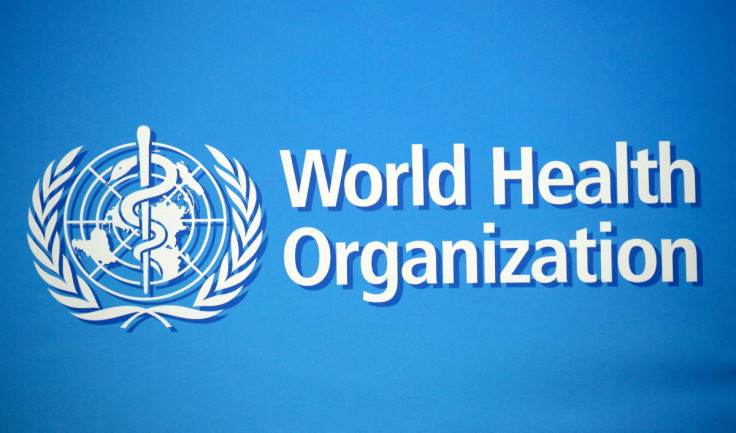Monkeypox cases spread to 30 countries, 550 cases recorded so far: WHO
The UK has the highest number of monkeypox cases (179) among nonendemic countries.
The monkeypox outbreak has spread to 30 countries in less than a month, with more than 550 cases confirmed so far, according to a World Health Organisation (WHO) report.
The UK has the highest number of monkeypox cases (179) among nonendemic countries, followed by Spain with 120 and Portugal with 96. Health authorities in the UK have even urged people who have tested positive for the virus to abstain from sex until their symptoms have cleared.
The WHO expects to identify more cases of monkeypox as it expands surveillance in countries where the disease is not typically found.
"What we're seeing now is really quite different. We're seeing cases all appearing in a relatively short period of time. We're seeing that in a few days, in a couple of weeks, we're seeing over 500 cases," said the group's technical lead for monkeypox, Rosamund Lewis.
The health agency does not yet know the source of the outbreak and has advised countries to take precautions to prevent it from becoming a greater outbreak. It also added that the global public health risk from the virus is moderate right now.
Monkeypox is an infectious disease that is usually mild, and is generally found in countries like Cameroon, Central African Republic, the Democratic Republic of Congo and Nigeria. It is spread by close contact and is not as transmissible as Covid-19.
The WHO in its latest warning also said that there is a high potential for the virus transmission in Europe and elsewhere this summer. WHO's Regional Director for Europe Hans Kluge said that dozens of upcoming festivals could amplify the risk of transmission in the region.
The health agency added that the European region "remained at the epicentre of the largest and most geographically widespread monkeypox outbreak ever reported outside of endemic areas in western and central Africa."
However, despite all the concerns the WHO believes that monkeypox is unlikely to turn into another pandemic. The virus can spread through close physical contact with someone who has symptoms, per a report by CTV News.
Clothing, bedding and towels that have been contaminated with the virus from contact with an infected person can also transmit the virus. It can spread during sex, including kissing, touching, oral and penetrative sex with someone. Monkeypox rashes can resemble some sexually transmitted diseases, including herpes and syphilis.






















